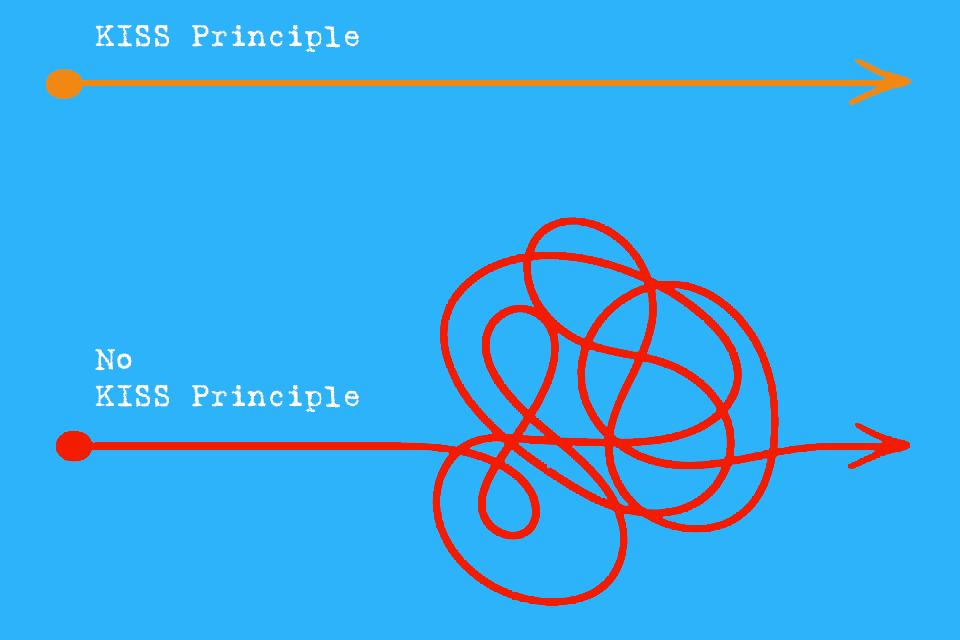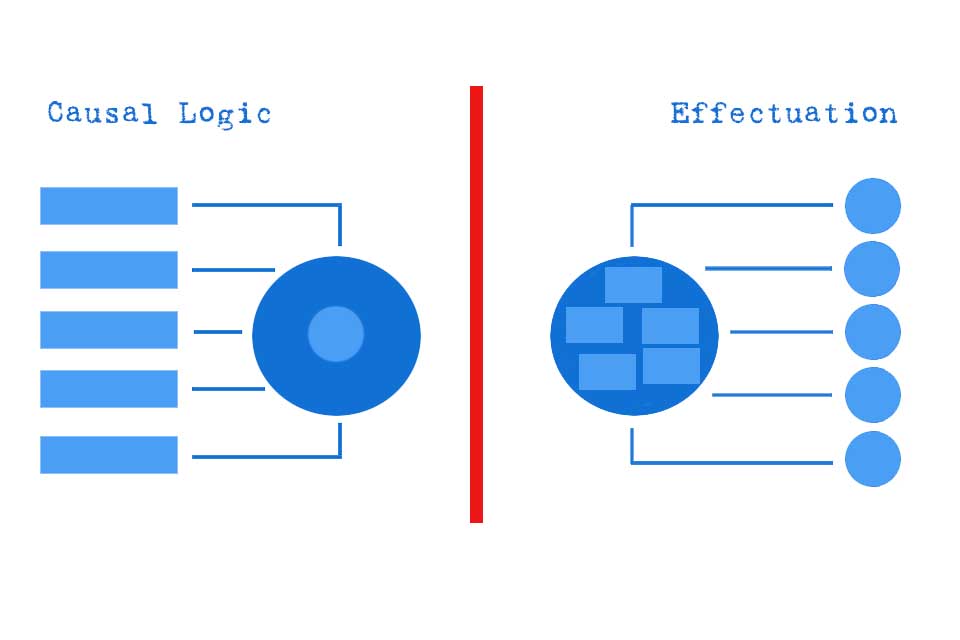What is the KISS Principle?
Smartpedia: The KISS Principle is a guideline that propagates “Keep It Simple and Stupid”. Simplicity is both a means and a goal.
KISS Principle – Make it as easy as possible
KISS is an acronym and stands for “Keep It Simple and Stupid”, so “make it as easy as possible”. Since this universal statement can be applied to many areas and situations, the KISS Principle is also often referred to. As a principle, it focuses on simplicity, both as a means and as a goal. It requires not to see or make things too complicated, and always to seek or use the simplest solution for a problem.
The KISS Principle is attributed to Clarence Kelly Johnson, an engineer who worked in the SkunkWorks research and design department of Lockheed Martin. Johnson formulated the Basic Operating Rules of Lockheeds SkunkWorks in 1996. [1] Interestingly, the acronym KISS does not appear once in the paper.
Alternative KISS interpretations
Since the “inventor” Clarence Kelly Johnson initially declared no clear use of KISS, various alternative interpretations have developed:
- KISS = Keep It Simple, Stupid.
- KISS = Keep It Short and Simple.
- KISS = Keep It Simple and Smart.
- KISS = Keep It Simple and Straightforward.
- KISS = Keep It Simply Stupid.
Areas of application for the KISS Principle
While there are numerous interpretations of the KISS acronym, the question of “It” often remains unanswered: What is the “It”? What are the areas of application? Is “It” about
- program management,
- project management,
- project management offices,
- reporting,
- design and draft,
- specifications and prototypes,
- hardware development, software development (e.g. in the implementation of clean code) or system development,
- supplier management,
- or the interface between client and contractor?
All these points are mentioned in Basic Operating Rules by Clarence Kelly Johnson. In addition, other application areas such as lean management, communication, marketing or advertising can also be addressed.
One insight can be derived directly from the Basic Operating Rules: “Reducing the time to evaluation of a system almost always leads to lower costs, greater flexibility for change, improved overall performance, and less risk.” The area of application C. R. Johnson had in mind was system development; specifically the industrial development of aircraft for the military.
Impulse to discuss
Can actions be derived from the KISS principle or not?
Notes:
[1] The Rules of Successful Skunk Lockheeds SkunkWorks Projects: https://www.fastcompany.com/3001702/rules-successful-skunk-works-projects
In software development there are two similar, related principles, the YAGNI principle and the DRY principle, which also propagate “simple” instead of “complicated” solutions.
Here you can find a video on the KISS principle.
If you like the article or would like to discuss it, please feel free to share it in your network. And if you have any comments, please do not hesitate to send us a message.
And here you will find additional information from our Smartpedia section:



